Couples Therapist & Marriage Counseling in the Bay Area
plus Online in California, Washington, & Colorado
With Dr. Bob Nemerovski, Licensed Clinical Psychologist
Couples often come to counseling when communication breaks down, conflicts arise, and connection and trust are strained.
Common problems that bring people to a couples therapist include communication issues, trust and infidelity problems, intimacy and sexual difficulties, financial stress, parenting disagreements, and life transitions such as marriage, relocation, or empty-nest syndrome.
Often, couples find themselves years or decades in their relationship and feel like “roommates” with little or no intimacy, connection, or love. Sometimes couples use therapy to determine whether or not their relationship is sustainable.
As an experienced couples therapist, I provides a safe and supportive environment for couples to address their concerns, identify and change dysfunctional relational patterns, deepen their understanding of one another, and work towards a healthier, more fulfilling partnership, as well as make crucial decisions about their future.
I welcome and provide couples therapy in the SF Bay Area (and Washington, Colorado, & Idaho) to people of all ages, genders, sexual orientations, abilities, ethnic & cultural backgrounds.
Section Styles full-width
A couple might also include two siblings, business partners, or others in a non-intimate but crucial relationship.
Frequently, couples counseling can occur in a shorter timespan than individual therapy and counseling, and I am happy to accommodate busy schedules whenever possible.
FAQ’S About Couples Therapy
-
Couples' therapy has been shown to be effective in improving relationships, but its success depends on several factors:
Willingness to Change: Both partners need to be open and willing to engage in the therapy process. This can involve some discomfort as participants often need to say and hear emotionally charged things.
Commitment: The therapy process takes time, effort, and a financial investment. A willingness to commit to the process and attend regular sessions is essential for positive outcomes.
Realistic Expectations: Understand that couples' therapy is not a magic fix. And sometimes, the participants learn or decide that the relationship is not fixable. This can be considered a success if it’s the “right" option for the couple.
Putting in the Work: Therapy requires effort, patience, humility, honesty, an open mind, and ongoing practice of the skills learned in therapy
Keep in mind, every relationship is unique, and the success of couples' therapy varies from couple to couple. Having the right therapist who has the proper training and experience and is also a good “fit” for the couple it immensely important. Let’s set up a brief telephone consult and see if we might work well together.
-
I offer in-person therapy in Marin County, CA and online therapy through California and Colorado via secure video.
-
I have many years of training, supervision, and practical experience successfully helping couples change their dysfunctional relationship patterns and reconnect. However, my most important “tool” is my ability to connect with each participant in a way that fosters trust, connection, openness, and faith in the process.
I work very hard from the first contact to demonstrate my objectivity, impartiality, and non-judgmental attitude. Once rapport is established and communication is opened up, I use an integrative “toolkit” comprised of several evidence-based couples’ therapy practices:
Emotionally-Focused Couple’s Therapy (EFT)
Gottman Couple’s Therapy
Cognitive-Behavioral Couples’ Therapy (CBT)
Psychodynamic Theory
Family Systems Theory
In the end, I tailor my approach to each couple as well as use client feedback and other measures of success to continually evaluate and adjust my methods throughout each treatment. Most importantly, I love questions.
-
Because both partners need to be open, willing to make change, and commited to engage in the therapy process, it’s nearly impossible to have success if one member of the couple doesn’t want to participate. However, I have worked with many couples in which after an initial telephone consultation with both parties, the resistant member of the couple agrees to a few trial sessions.
In these consultations, I am able to listen and understand the person’s fears and reservations and effectively address them. I have never failed to move forward from this point and fully engage both participants.
-
In total, just shy of 20 years. 11+ as a Licensed Clinical Psychologist and 8 as a trainee under the guidance and supervision of some of the wisest and most skilled psychologists in the county.
-
This is a common question. The answer is that the time will vary and depends on a number of factors including:
Willingness of both parties to engage in the process in an open, honest way.
Consistency of attendance.
The level and type of conflict and current felt level of “safety” in the relationship.
Follow through by the couple on “homework” and other suggestions for practicing certain behavior change, conversation skills, and various methods to connect with each other between sessions.
The trauma either or both parties have experienced before or during the relationship.
Psychological syndromes, diagnoses, and personality issues one or both parties might suffer from.
Dysfunctional use or misuse of substances.
Ability to trust in the process and me including giving me any and all types of feedback during the therapy process.
Given that, many of the couple’s I have helped started to see positive change within a few months, significant change and mostly positive trends in the relationship around six months, and transitioning into less frequent, “maintenance” sessions anywhere from 6-12 months. Some couples experience setbacks due to any combination of the factors above, and this can extend the timeframe for the therapy or lead to “termination” if the obstacles are insurmountable.

